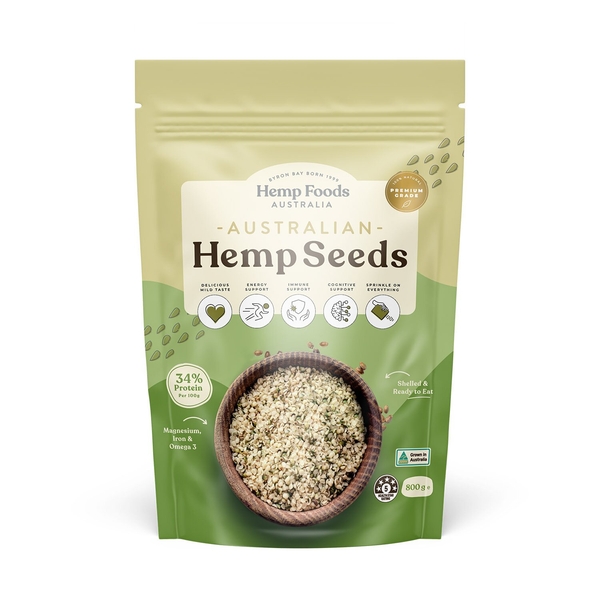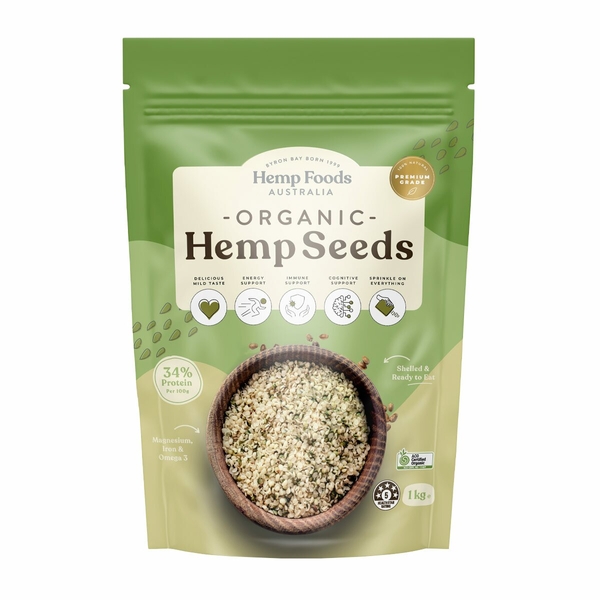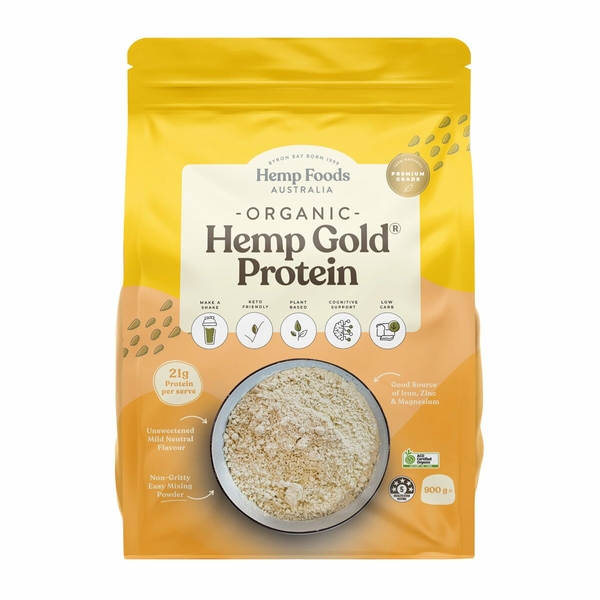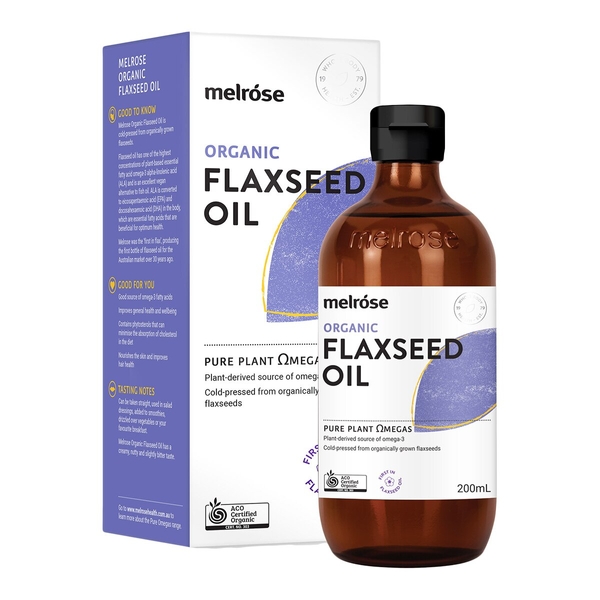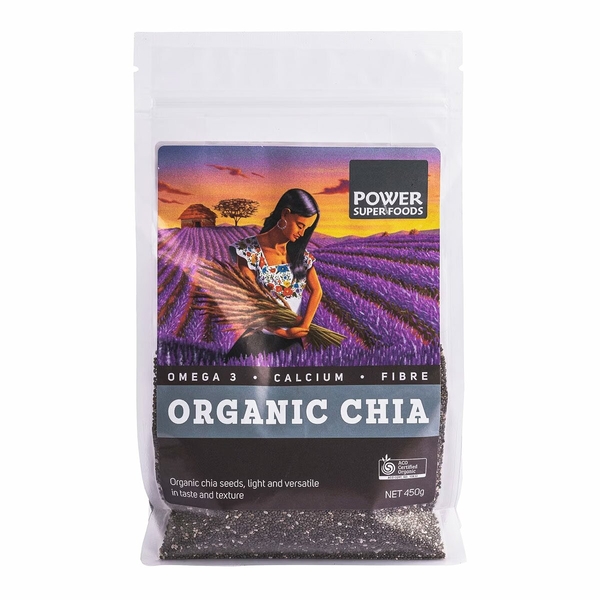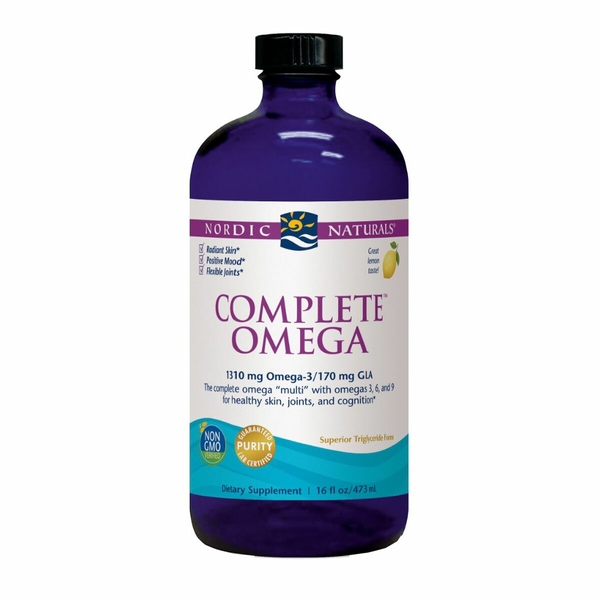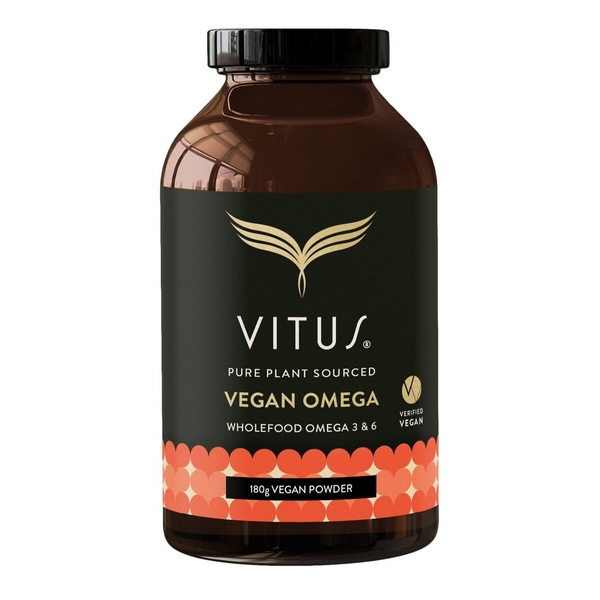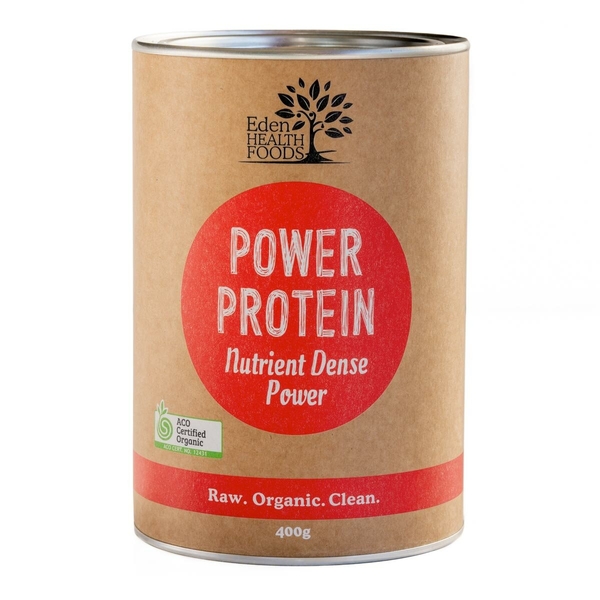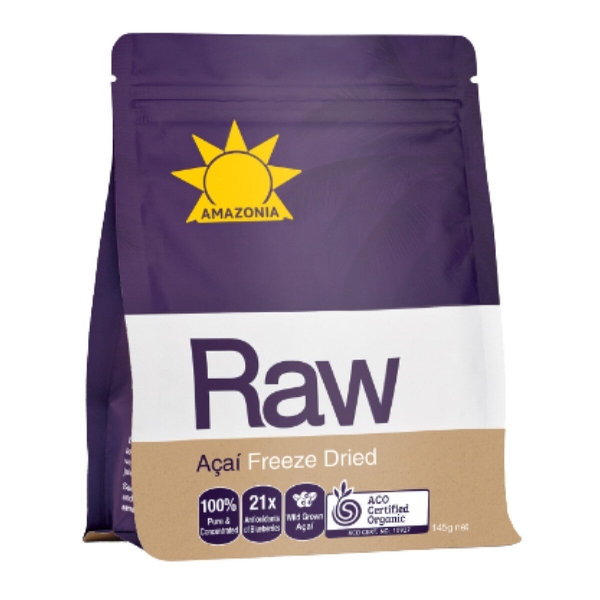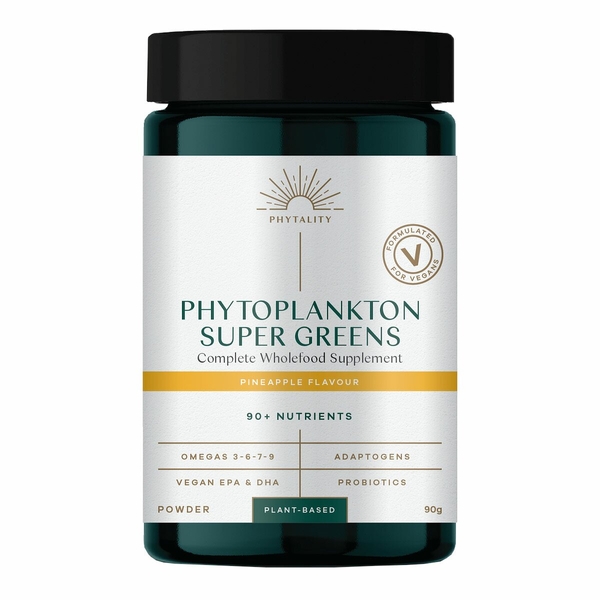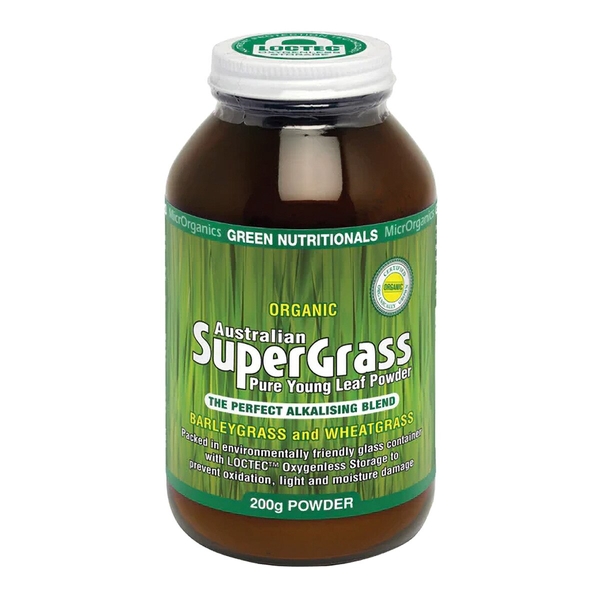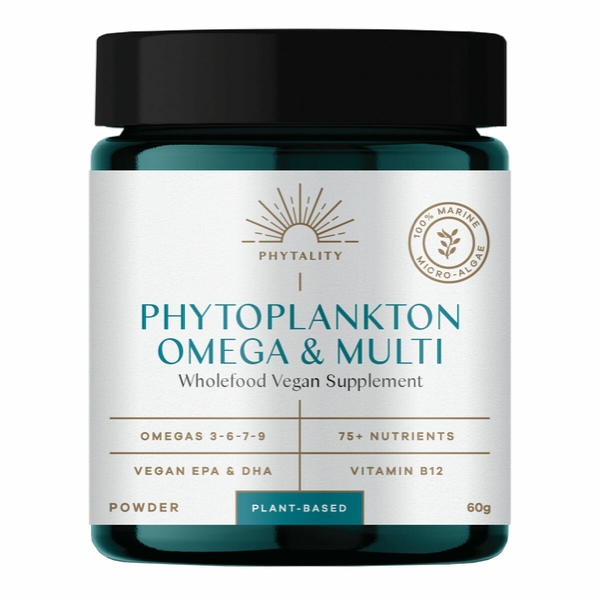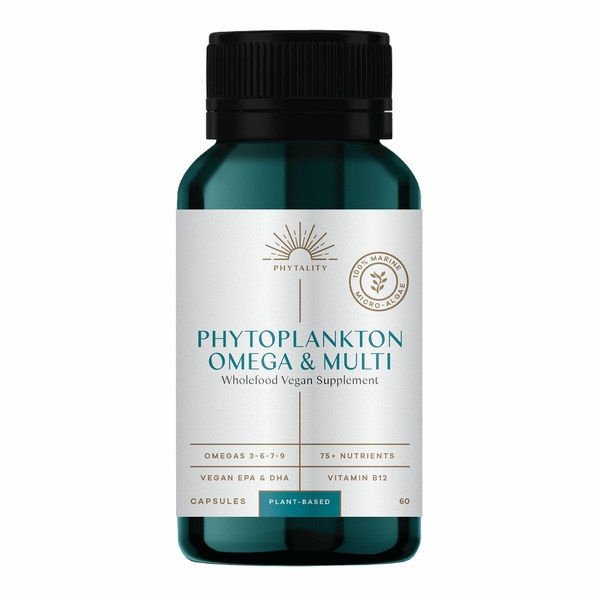
Omega-6 fatty acids
Scientific names: Omega-6 polyunsaturated fatty acids
Alternate names: Acides Gras Essentiels N-6, Acides Gras Oméga-6, Acides Gras Omégas 6, Acides Gras Polyinsaturés, Acidos Grasos Omega 6, AGE, AGPI, Huiles d'Oméga 6, N-6 Essential Fatty Acids, Omega 6 Fatty Acids, Omega 6 Oils
Background
Omega-6 fatty acids, such as gamma linolenic acid, are a family of fats found in some plant oils and seeds. They are different from omega-3 fatty acids.
Omega-6 fatty acids are found everywhere in the body. They help with the function of all cells. But too much omega-6 fatty acids can change the way cells react and have harmful effects on cells in the heart and blood vessels.
People use omega-6 fatty acids for heart disease, child development, high cholesterol, cancer, diabetes, and many other conditions, but there is no good scientific evidence to support these uses.
There are different types of omega-6 fatty acids, such as gamma linolenic acid (GLA). Also, some supplements are used as sources of omega-6 fatty acids, such as evening primrose, borage, and black currant. See separate listings for these topics.
Omega-6 fatty acids are found everywhere in the body. They help with the function of all cells. But too much omega-6 fatty acids can change the way cells react and have harmful effects on cells in the heart and blood vessels.
People use omega-6 fatty acids for heart disease, child development, high cholesterol, cancer, diabetes, and many other conditions, but there is no good scientific evidence to support these uses.
There are different types of omega-6 fatty acids, such as gamma linolenic acid (GLA). Also, some supplements are used as sources of omega-6 fatty acids, such as evening primrose, borage, and black currant. See separate listings for these topics.
Safety Safety definitions
When taken by mouth: Omega-6 fatty acids are commonly consumed as part of the diet in amounts between 5% and 10% of daily calories. But there isn't enough reliable information to know if omega-6 fatty acids are safe to use in larger amounts.
Children: Omega-6 fatty acids are commonly consumed as part of the diet in amounts between 5% and 10% of daily calories in children over 1 year old. But there isn't enough reliable information to know if omega-6 fatty acids are safe to use as medicine.
A lung disease that makes it harder to breathe (chronic obstructive pulmonary disease or COPD): Omega-6 fatty acids can make breathing more difficult in people with COPD. Do not use omega-6 fatty acid supplements if you have COPD.
Diabetes: High intake of omega-6 fatty acids in the diet can increase the risk of developing high blood pressure in people with diabetes. Until more is known, do not use omega-6 fatty acid supplements if you have diabetes.
High triglycerides (a type of fat): Omega-6 fatty acids can raise triglyceride levels. Do not use omega-6 fatty acid supplements if you have high triglyceride levels.
Special Precautions & Warnings:
Pregnancy and breast-feeding: Omega-6 fatty acids are commonly consumed as part of the diet in amounts between 5% and 10% of daily calories. But consuming higher amounts is possibly unsafe and might increase the risk of having a very small infant or for the child to develop eczema. There isn't enough reliable information to know if omega-6 fatty acid supplements are safe to use when pregnant or breast-feeding. Stay on the safe side and avoid use.Children: Omega-6 fatty acids are commonly consumed as part of the diet in amounts between 5% and 10% of daily calories in children over 1 year old. But there isn't enough reliable information to know if omega-6 fatty acids are safe to use as medicine.
A lung disease that makes it harder to breathe (chronic obstructive pulmonary disease or COPD): Omega-6 fatty acids can make breathing more difficult in people with COPD. Do not use omega-6 fatty acid supplements if you have COPD.
Diabetes: High intake of omega-6 fatty acids in the diet can increase the risk of developing high blood pressure in people with diabetes. Until more is known, do not use omega-6 fatty acid supplements if you have diabetes.
High triglycerides (a type of fat): Omega-6 fatty acids can raise triglyceride levels. Do not use omega-6 fatty acid supplements if you have high triglyceride levels.
Effectiveness
NatMed Pro rates effectiveness based on scientific evidence according to the following scale: Effective, Likely Effective, Possibly Effective, Possibly Ineffective, Likely Ineffective, Ineffective, and Insufficient Evidence to Rate.
Possibly ineffective Effectiveness definitions
- Heart disease. Higher intake of omega-6 fatty acids in the diet doesn't reduce the risk of heart disease.
- Infant development. Adding the omega-6 fatty acid called arachidonic acid to infant formula, along with an omega-3 fatty acid called docosahexaenoic acid (DHA), doesn't seem to improve brain development, vision, or growth in infants.
- High levels of cholesterol or other fats (lipids) in the blood (hyperlipidemia). Higher intake of omega-6 fatty acids in the diet doesn't seem to lower cholesterol or triglyceride levels.
- Multiple sclerosis (MS). Taking omega-6 fatty acids does not seem to prevent the progression of MS.
Dosing & administration
There isn't enough reliable information to know what an appropriate dose of omega-6 fatty acids might be. Keep in mind that natural products are not always necessarily safe and dosages can be important. Be sure to follow relevant directions on product labels and consult a healthcare professional before using.
Interactions with pharmaceuticals
It is not known if Omega-6 Fatty Acids interacts with any medicines. Before taking Omega-6 Fatty Acids, talk with your healthcare professional if you take any medications.
Interactions with herbs & supplements
There are no known interactions with herbs and supplements.
Interactions with foods
There are no known interactions with foods.
Products
View all productsRRP: $27.23$22.33Save: 18%
Create account
RRP: $103.80$88.23Save: 15%
Create account
Per 6 g:
- Linum usitatissimum (seed) flour (Flaxseed)
- Cannabis sativa (seed) powder
- Salvia hispanica (seed) powder
- Plukenetia volubilis (Sacha Inchi protein)
RRP: $34.95$29.71Save: 15%
Out of stock
Create account
return unknown
Per 28 g:
- Oryza sativa (Brown rice sprout, bio-fermented protein)
- Cannabis sativa
- Lepidium meyenii (root)
- Lycium barbarum (berry)
- Mesquite (pod) powder
- Luo Han Guo (fruit) ext. (Monk fruit)
RRP: $59.95$50.96Save: 15%
Create account
RRP: $44.95$31.47Save: 30%
Discontinued by Amazonia
Create account
Per 6 g (Pineapple):
- Wheatgrass powder 1.74 g
- Hordeum vulgare (leaf) powder (Barley) 1.2 g
- Arthrospira platensis (Spirulina) 1.08 g
- Marine phytoplankton powder 1.02 g
- Lactobacillus acidophilus (LA-14) 2.6 billion CFU
- Medicago sativa
- Withania somnifera powder 22.2 mg
- Natural pineapple flavour
- Citric acid anhydrous
- Ananas comosus (Pineapple)
- Natural vanilla flavour
- Thaumatin
- Chlorella vulgaris powder
$39.95
No longer stocked by vital.ly
Create account
RRP: $31.35$25.86Save: 18%
Create account
Per capsule:
- Marine phytoplankton powder 250 mg
- Hydroxypropyl methylcellulose powder (HPMC)
$49.95
Create account
vital.ly has licensed monographs from TRC Healthcare.
This monograph was last reviewed on 12/04/2024 10:00:00 and last updated on 20/11/2020 02:58:18. Monographs are reviewed and/or updated multiple times per month and at least once per year.
Natural Medicines disclaims any responsibility related to medical consequences of using any medical product. Effort is made to ensure that the information contained in this monograph is accurate at the time it was published. Consumers and medical professionals who consult this monograph are cautioned that any medical or product related decision is the sole responsibility of the consumer and/or the health care professional. A legal License Agreement sets limitations on downloading, storing, or printing content from this Database. No reproduction of this monograph or any content from this Database is permitted without written permission from the publisher. It is unlawful to download, store, or distribute content from this site.


